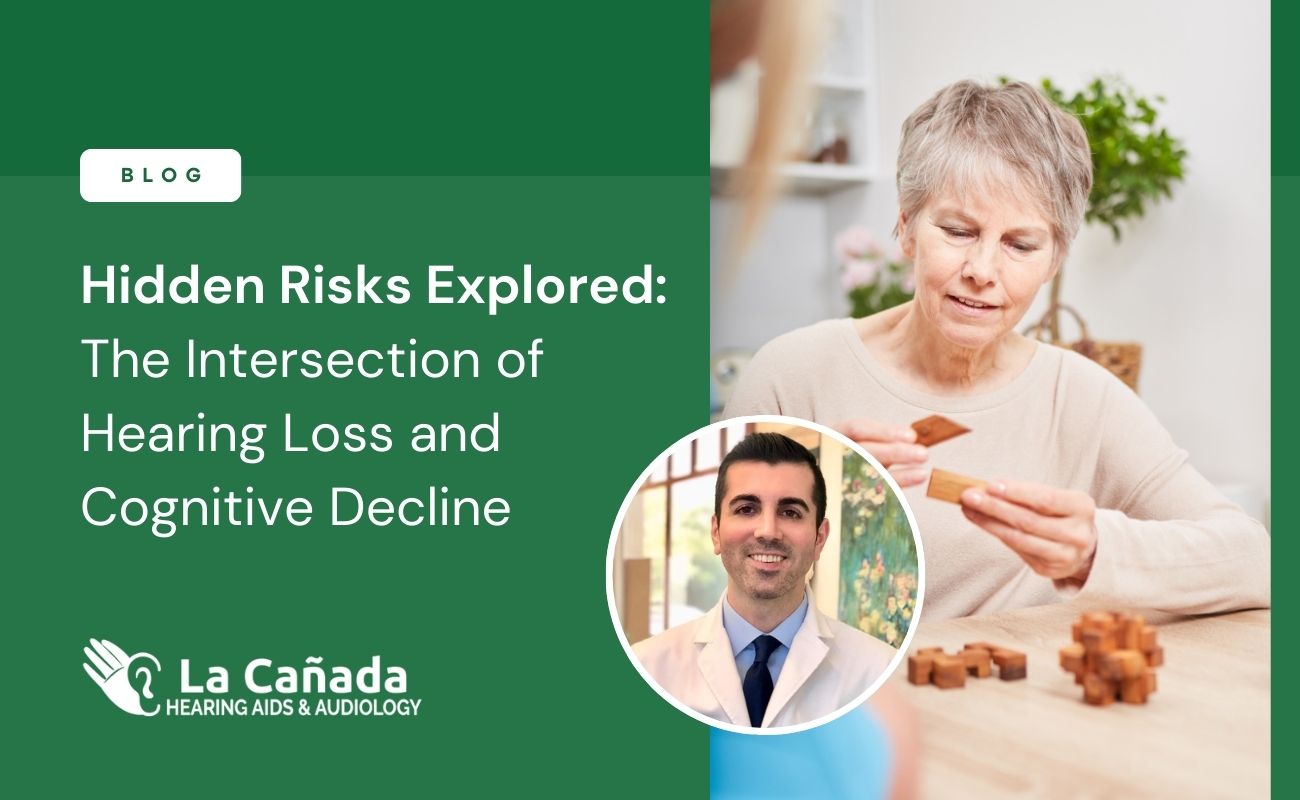Do you have someone in your family or a close friend who has experienced hearing loss? How did you feel when they lose their sense of hearing? Was it temporary or terminal? Loss of discussion is the kind of experience that can change a person’s life. When a person loses their hearing, they cannot function normally within society as they once did, and they need to learn how to act in society again. There are many governments and non-profit and charitable organizations that function in society to help persons with hearing a loss to develop new habits that make them ready to re-enter society after their loss of hearing experience.
Can a hearing aid help?
Besides training to get over the initial loss of hearing, a majority of people who experience loss of hearing consider whether a hearing aid will help adjust to society after a loss of hearing. A hearing aid has been helpful for millions of people who have experienced hearing loss for the past two centuries. Hearing aids have been scientifically proven to offer people with hearing loss a proven device to adjust to society after their hearing loss. Many famous people have problems adjusting after hearing loss. Below is a shortlist of living celebrities who have recently experienced some form of loss of hearing.
Celebrities with Recent Hearing Loss
- Huey Lewis
- Eric Clapton
- Whoopi Goldberg
- Bill Clinton
- Halle Berry
Hearing Aids and AI
Besides the use of a regular hearing aid, scientists are busy at work in developing other technologies that enhance the use of hearing aids beyond their proper use. Several companies are using artificial intelligence (AI) or machine learning to make tools that enable those who need hearing aids to make their life better. For example, SoundSense Learn technology has created HearingTracker, which works thru Bluetooth and through the hearing aid device. When the wearer of a hearing aid enters a new location, they have not been before the Bluetooth using an AI algorithm takes measurements of the acoustics of the room and adjusts their hearing aid settings automatically. The recent development of HearingTracker is one of the first stages where AI and hearing aid technology are coming together to make a better world for those with hearing aid needs.
Google® Labs and AI
Another significant contributor to making hearing aids better for those who have experienced hearing loss is Google® Labs who recently discovered a way to distinguish amidst thousands of different vocal formants (what distinguishes one voice from another) a way to identify one person who is merely speaking to a person and another person who is addressing a person. A person who has a hearing loss could use this technology to discern whether a person was sending them over another person who is merely speaking his name.
Future Advances in AI and Hearing Aid Technology
According to the Hearing Institute of America, other AI technologies are being developed which allow persons with hearing aids to be able to use their hearing aids to stream TV from their hearing aid as well as get notifications from their cellphone or email. Lastly, AI companies are making it possible for hearing aid wearers can have their physical and medical information sent to their caregiver if the AI device implanted in their haring aid traces their blood pressure, heart rate, or other vital measurements are below average and in danger of risk.
AI and Hearing Aid Technology Future Hopes
In the past few paragraphs, we have seen how many vital developments are being made in the fields of hearing aid technology and AI development. Already in this early stage, IoT has made it possible for those with hearing aids to monitor their lives with better safety, better health, and more ways to adjust to home life as well as social life. Hearing aids can now help a person translate, dial a phone for help if the person falls, and send a rescue signal to a medical care unit. These two forces working together will continue to bring forth new aids for those with hearing loss in the future.


.webp)





